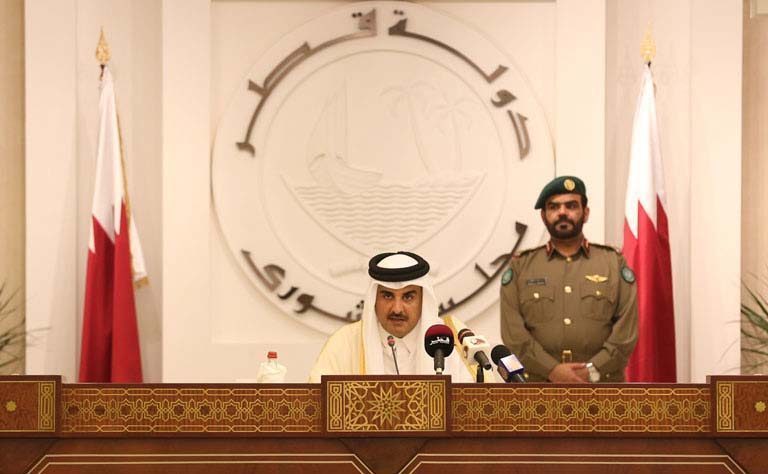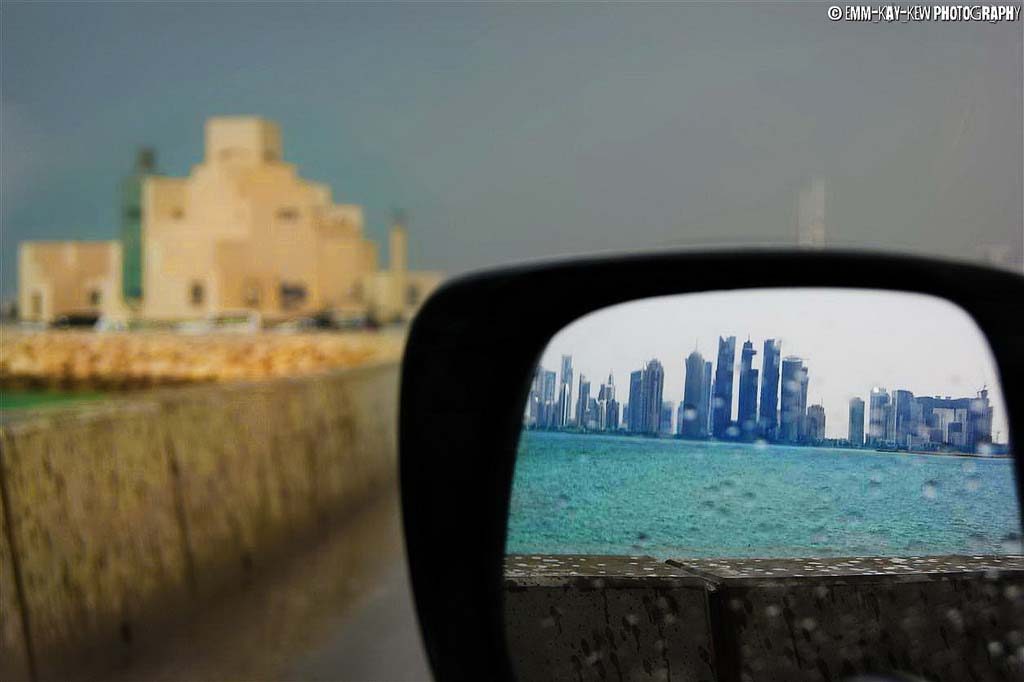
The International Monetary Fund (IMF) has warned Qatar and other countries in the region to proceed carefully as they begin the delicate task of reducing subsidies and rolling out new taxes to plug deficits in government budgets.
Qatar, like other countries in the region, has “maintained social cohesion” by redistributing some of the proceeds from its sale of oil and natural gas to residents through generous public services and artificially low prices for water, electricity and petrol.
In recent years, the government has also given large raises to nationals employed in the public sector.
However, the slump in global oil prices has eroded government revenues and prompted the Ministry of Finance to project that Qatar will run a QR46.5 billion deficit this year.

Efforts are now underway to reduce spending by slashing the budgets of state-funded organizations, for example.
But the IMF said in a report released late last week that governments across the region need to be selective in where they make cuts:
“It will require difficult choices and adjustments in the implicit social contract between governments and citizens, not least because spending on items such as wages and social benefits tends to be rigid and difficult to cut,” the IMF said in the document, titled, Learning to Live with Cheaper Oil.
“Policymakers will need to implement measures in a way that minimizes the adverse impact on growth, while maintaining social cohesion, including by protecting essential spending on health, education, and other high-return categories, and by protecting the vulnerable segments of population.”
Spending reductions
Qatar’s senior leaders began hinting last year that belt-tightening measures were on the horizon.
Last November, the Emir, Sheikh Tamim bin Hamad Al Thani, used his address during the opening of a new Advisory Council session to warn that the government could no longer “provide for everything.”

Since then, petrol prices have been hiked and long-discussed plans to introduce a value-added tax appear to be gaining momentum.
Elsewhere, the government has increased user fees for some services, such as sending letters and parcels.
However, Qatar appears to be moving slowly in introducing reforms.
For example, after an initial hike in January, petrol prices have only marginally increased.
And, in an effort to prevent the price of essential consumer products from rapidly rising, GCC finance ministers have agreed to exempt 94 food items, as well as education and health services, from future consumer taxes.
Meanwhile, patients here continue to pay only a nominal fee for government hospital stays and other medical care.
Still, Qatar has attempted to reduce healthcare spending by laying off hundreds of employees at state health provider Hamad Medical Corp.
Thoughts?







